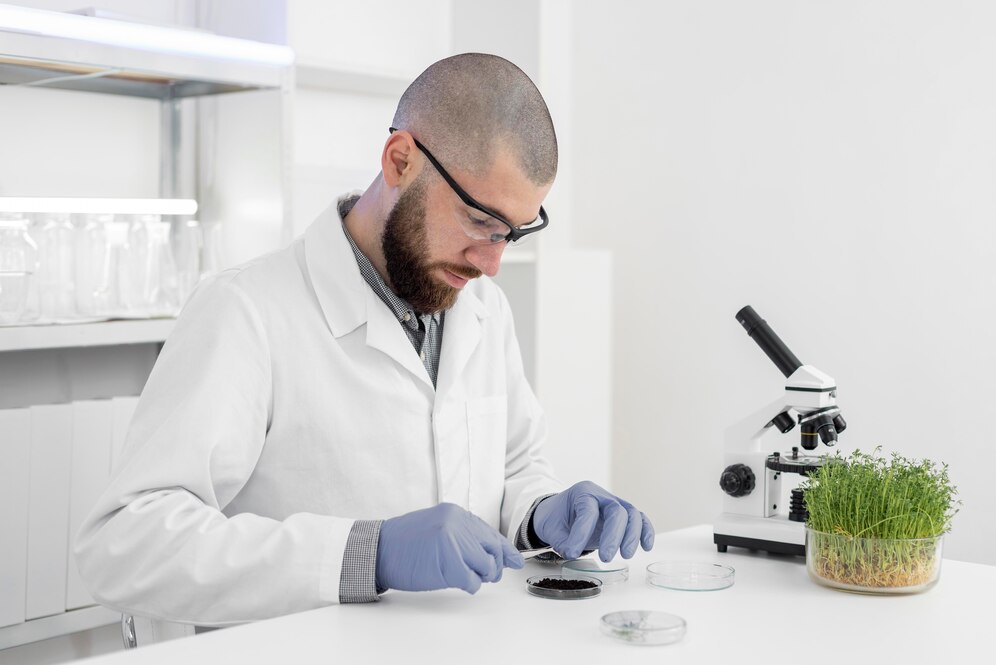Sugar crop sustainability in today’s agricultural landscape increases pressure to produce sugar to minimize environmental impact. To address these challenges, researchers around the world are conducting innovative studies and experiments. It aimed at improving sustainability practices in sugar production. We’ll explore the latest research in sugar crop sustainability, including advancements in crop management, environmental research, and technological impact. There is also the importance of academia-industry collaboration in driving progress.
Latest Studies
Recent studies have shed light on various aspects of sugar crop sustainability, providing valuable insights into best sustainable practices and emerging trends. Researchers have investigated topics such as soil health, water conservation, pest management, and biodiversity conservation to identify strategies for improving sustainability in sugar production. For example, studies have shown that adopting cover cropping and no-till farming practices can improve soil health and reduce erosion, while integrated pest management techniques can minimize the use of pesticides and promote natural pest control mechanisms.
Innovations in Crop Management
Innovations in crop management are at the forefront of efforts to improve sugar crop sustainability. Researchers are exploring new techniques and technologies to enhance crop productivity, resource efficiency, and environmental resilience. One area of focus is precision agriculture, which uses data-driven approaches such as remote sensing, GPS technology, and predictive analytics to optimize inputs and maximize yields while minimizing environmental impact. Other innovations include the development of drought-tolerant and disease-resistant sugar varieties, as well as the use of biotechnology to enhance crop resilience and nutritional value.
Environmental Research
Environmental research plays a crucial role in understanding the impact of sugar production on ecosystems and identifying strategies for mitigating environmental harm. Researchers are studying topics such as carbon sequestration, water usage, greenhouse gas emissions, and biodiversity conservation to assess the environmental footprint of sugar crops and develop sustainable management practices. For example, studies have shown that agroforestry systems, which integrate trees into agricultural landscapes, can help sequester carbon, improve soil fertility, and provide habitat for wildlife, thereby enhancing the sustainability of sugar production.
Technological Impact
Technological advancements are transforming the way sugar crops are cultivated, harvested, and processed, with profound implications for sustainability. Researchers are exploring the use of robotics, automation, and machine learning to improve efficiency, reduce waste, and minimize environmental impact throughout the sugar supply chain. For instance, autonomous drones equipped with sensors and cameras can monitor crop health, detect pest infestations, and optimize irrigation schedules, allowing farmers to make data-driven decisions that enhance sustainability and productivity.
Academia-Industry Collaboration
Academia-industry collaboration is essential for translating research findings into practical solutions that can be implemented on the ground. By fostering partnerships between researchers, growers, processors, and other stakeholders, academia can ensure that research addresses real-world challenges and generates tangible benefits for the industry. Collaborative initiatives such as research consortia, field trials, and knowledge exchange programs enable academia and industry to share expertise, resources, and best practices, driving innovation and continuous improvement in sugar crop sustainability. To learn more about consumer guides to choosing sustainable sugar, read our blog post on consumer guides to choosing sustainable sugar.
Conclusion
In conclusion, new research in sugar crop sustainability is driving innovation and progress in the quest for more sustainable and socially responsible sugar production practices. From the latest studies and innovations in crop management to environmental research, technological impact, and academia-industry collaboration, researchers are exploring a wide range of strategies to enhance sustainability throughout the sugar supply chain. By staying informed about the latest research findings and supporting collaborative efforts between academia and industry, stakeholders can work together to overcome challenges, seize opportunities, and build a more sustainable future for the sugar industry. As new technologies and approaches continue to emerge, the potential for positive change in sugar crop sustainability is vast, offering hope for a healthier planet and more resilient agricultural systems.

